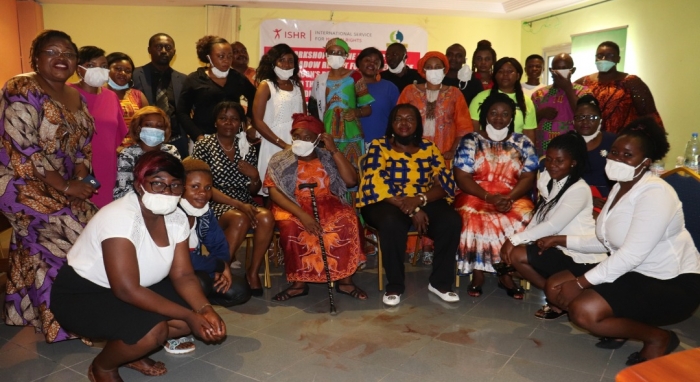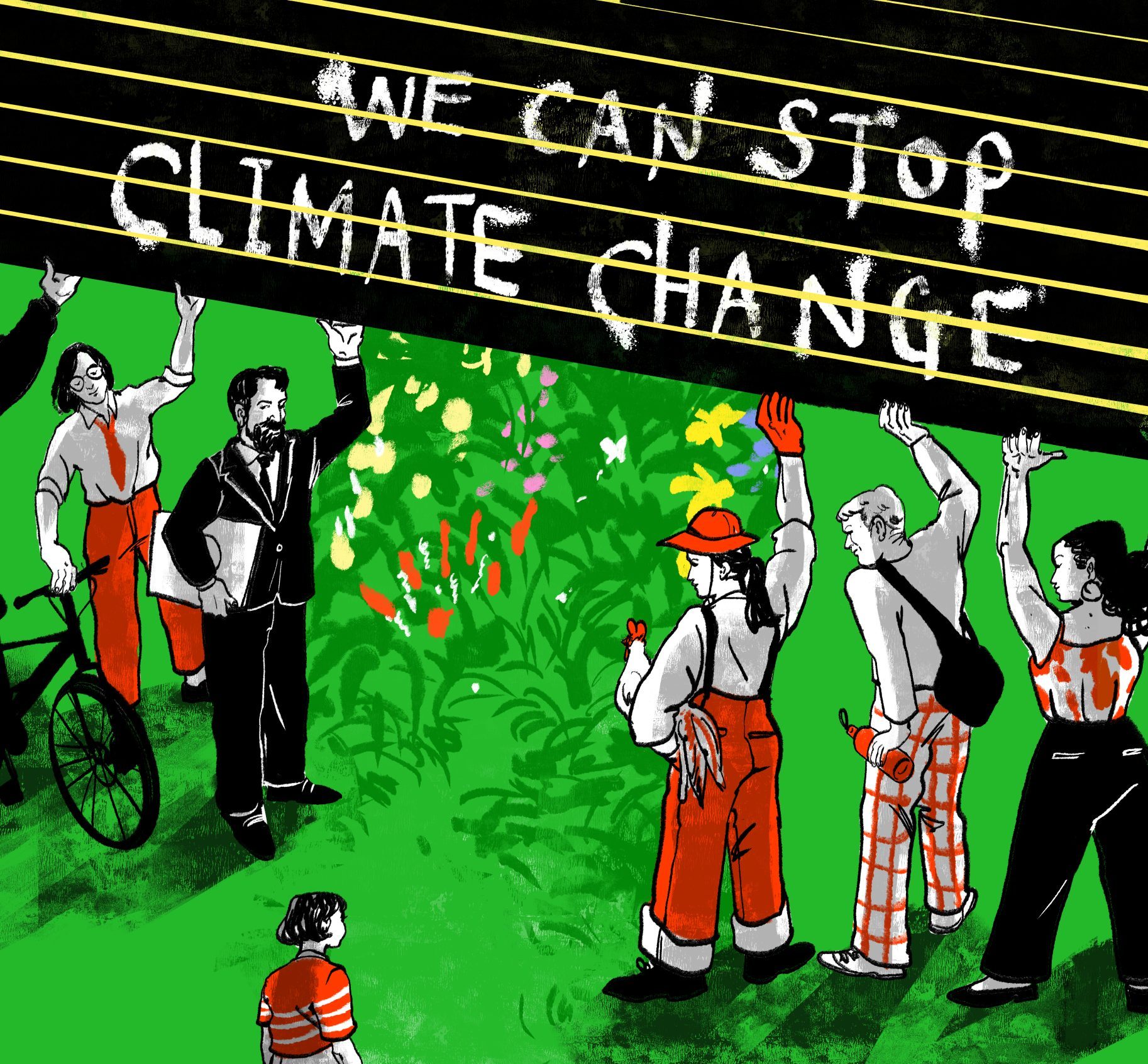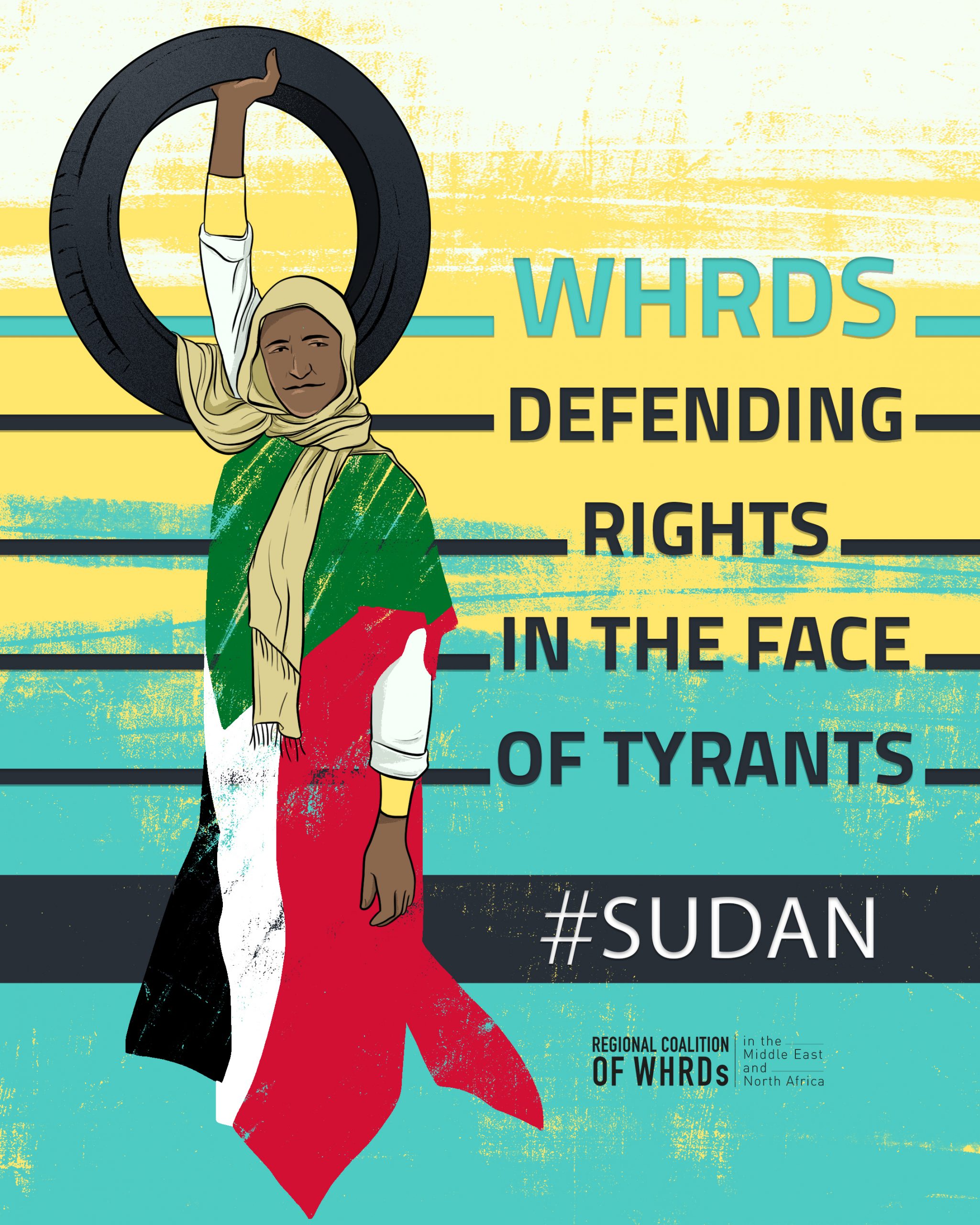On 4 and 5 November 2020, the International Service for Human Rights (ISHR) and the Cameroon Women’s Peace Movement (CAWOPEM) organised a workshop aimed at supporting the production of a shadow report for the review of Cameroon’s State report by the Committee on the Elimination of Racial Discrimination (CERD). Due to the Covid-19 pandemic, part of the workshop took place virtually, between ISHR in Geneva and around twenty participants from civil society in Yaoundé who attended both days of the workshop.
The workshop took place at a time when Cameroon is facing extreme brutality against human rights defenders, especially in light of the ongoing Anglophone crisis which affects different communities. The shadow report aims to highlight possible gaps or inconsistencies in the State report, draw the reviewing Committees’ attention to the key issues that civil society considers are negatively impacting the implementation of the Convention on the Elimination of Racial Discrimination and make recommendations to the Committee for the government of Cameroon to take action on.
This is why most participants in the workshop came from the Anglophone regions and were from a various range of civil society backgrounds, which have all been affected by the crisis and could reflect on the lack of implementation of the Convention. Notably, they work on issues such as the protection of indigenous peoples, girls and women, persons with disabilities, or displaced persons.
The first day was an opportunity for the participants to enhance their knowledge of the work of UN treaty bodies, more specifically CERD and how to strategically engage with the Committee. The participants were also able to share their experiences working with treaty bodies and the gaps in the implementation of the Convention by the government, particularly in the Anglophone regions.
Taisuke Komatsu, from the International Movement Against all forms of Discrimination and Racism, an expert on the CERD, also intervened in the workshop and shared key concrete elements for helping the participants in drafting a strong report.
At the end of the first day, many of the participants expressed their willingness to submit a constructive and inclusive shadow report with concrete recommendations for the government in the hope it will help protect every Cameroonian, including defenders, in both the South and North West regions against discrimination.
During the second day, participants worked in groups to identify the main issues they wanted to see included in the report to ensure it encompasses all concerns from civil society working in the Anglophone regions and the challenges they have been facing since the beginning of the crisis.
“Just as there is no light without shadow, civil society organisations cannot hold States accountable without complimenting their reports to highlight gaps and possible inconstancies. This must be part of our mandate” said Nicoline Nwenushi Tumasang Wazeh, Chair of CAWOPEM.
Contacts: Adélaïde Etong Kame, Africa Programme Manager, [email protected] ; Vincent Ploton, Director of development and Treaty Body Advocacy, [email protected]




